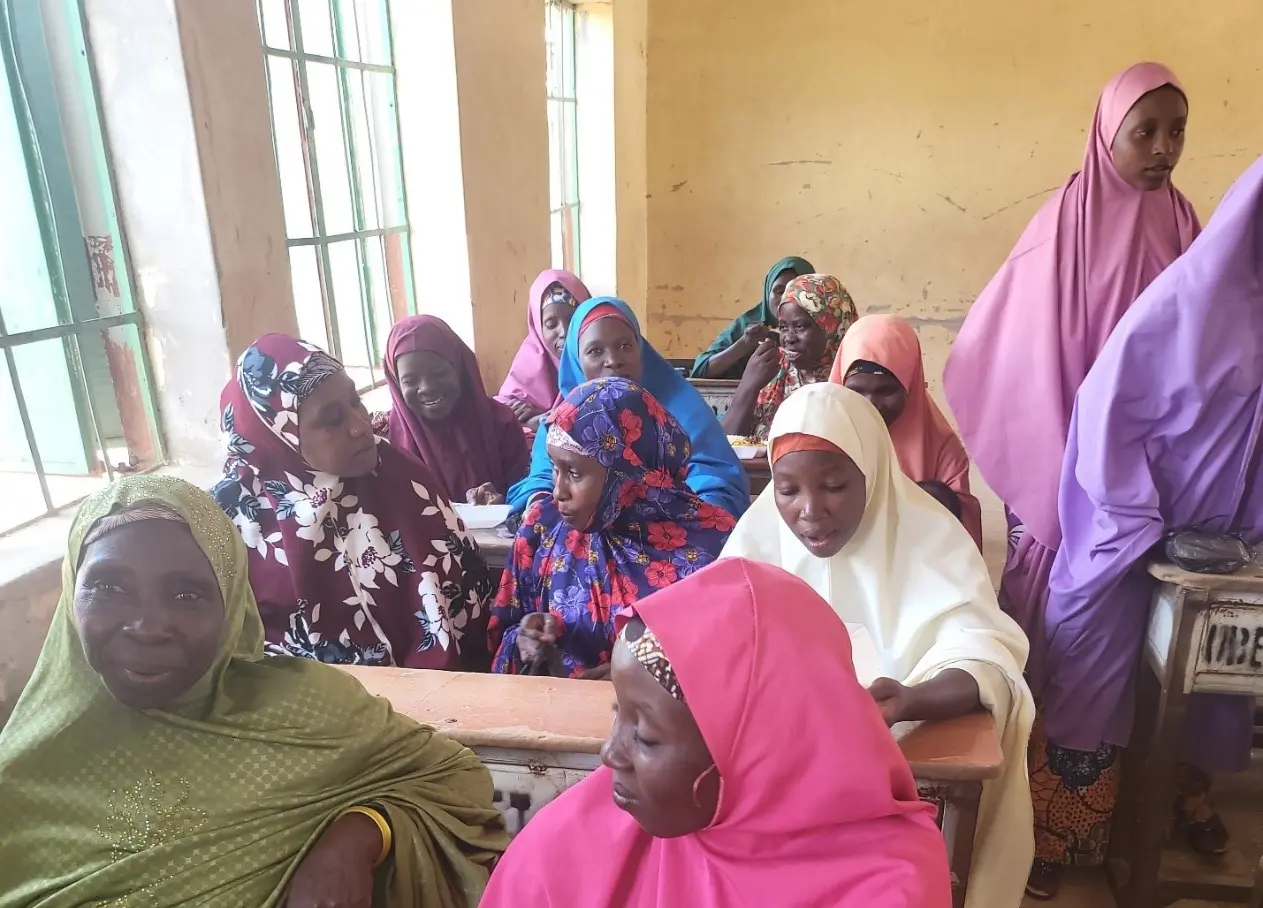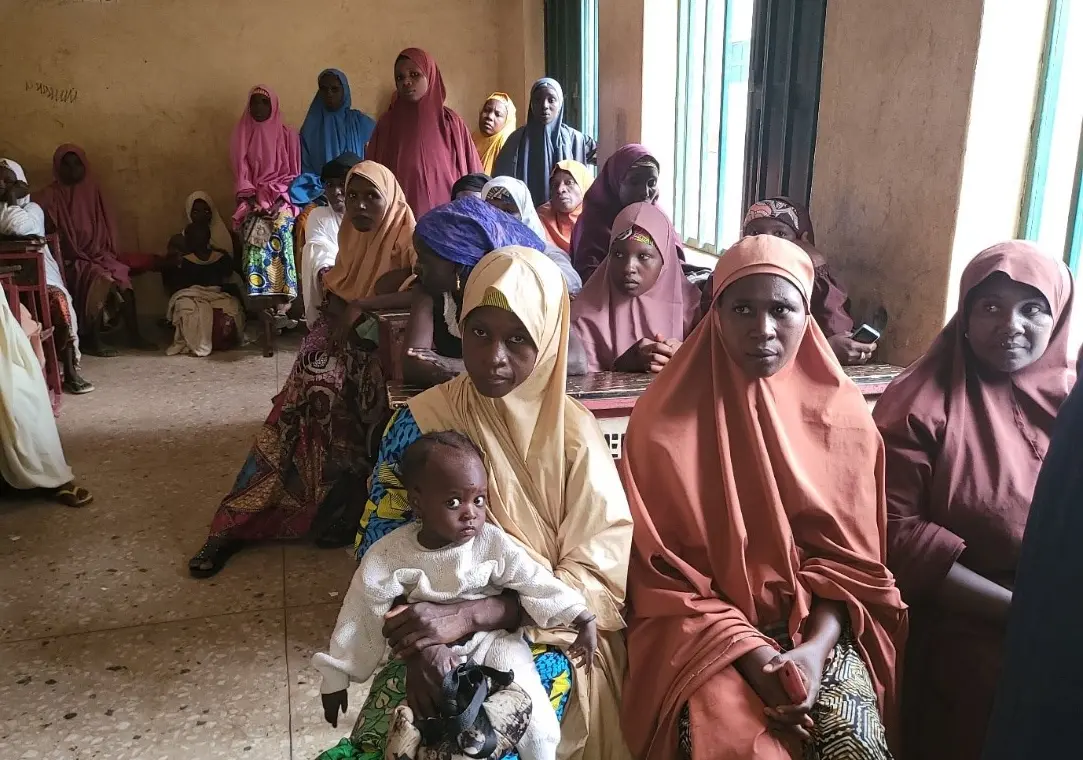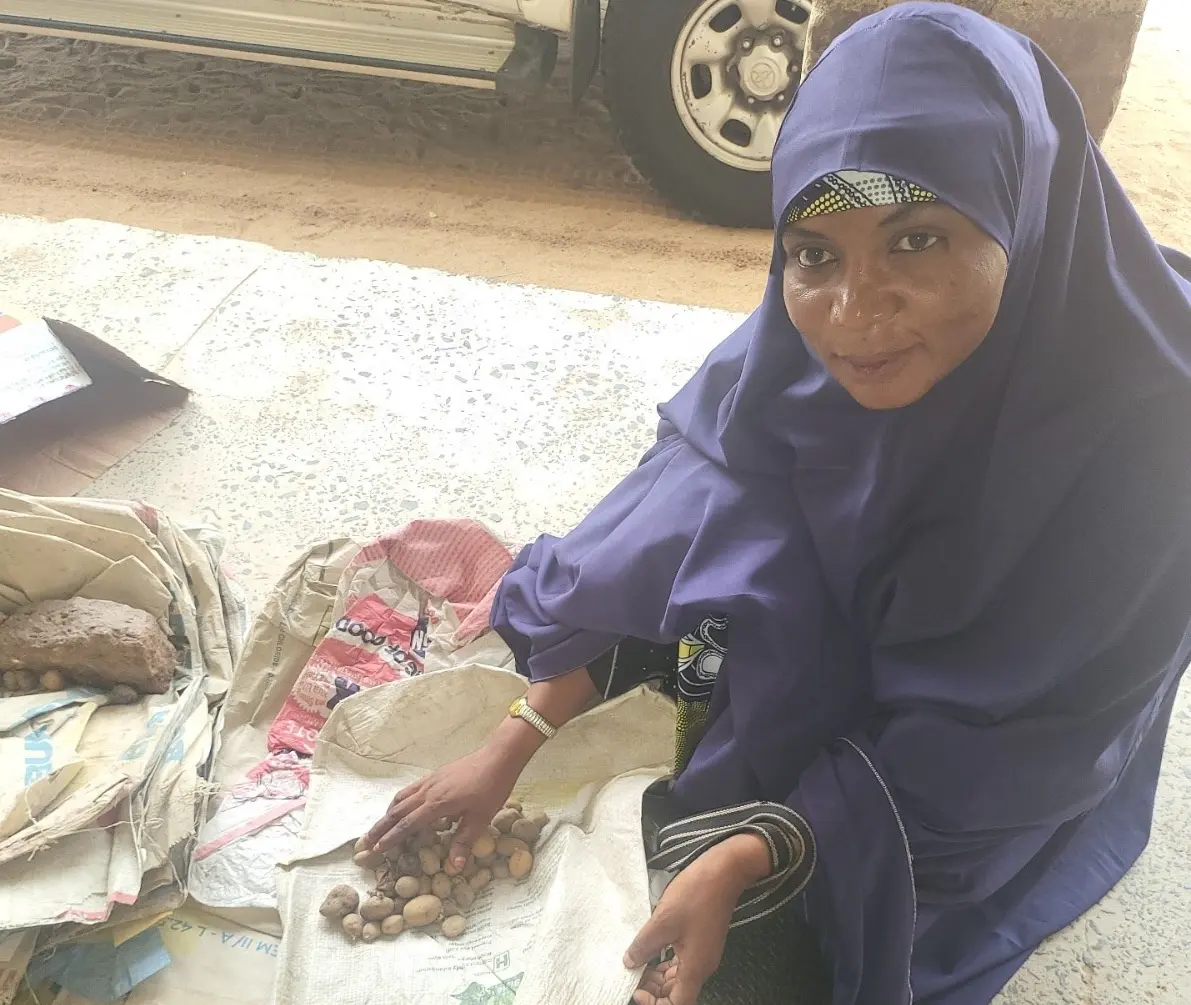Empowering Girls, Transforming Communities: The ADDA Girl Education Foundation's Bold Step Forward
The ADDA Girl Education Foundation (ADDA) is steadfast in its mission to empower girls, break the cycle of poverty, and secure a brighter future for families across Nigeria. The Foundation’s latest initiative, the Noman Tsakar Gida project, aims to do just that—by challenging the status quo and creating opportunities for women and girls in rural communities.
Through strategic partnerships with both public and private sectors, ADDA is working to bridge gender gaps in access to education and economic empowerment. By collaborating with influential stakeholders, ADDA leads advocacy and mobilizes entire communities in support of girls’ education. Central to this effort is engaging men, women, and school-aged youth to tackle the deeply rooted barriers that have kept girls from accessing quality basic education for far too long.


The Vision Behind Noman Tsakar Gida: Uplifting Women and Girls
The objectives of the Noman Tsakar Gida project are as inspiring as they are multifaceted. First, it seeks to uplift women’s self-esteem, encouraging them to take pride in their vital contributions to their families and communities. It also aims to lighten the heavy burden of farm labor on young girls, known locally as Barema, who are often tasked with significant agricultural duties at the cost of their education. Moreover, the project seeks to empower women by building their capacity and encouraging their communities to engage in meaningful dialogue about women’s rights. Importantly, it tackles poverty by promoting sustainable agricultural practices that can provide ongoing economic benefits for the participants.
A Comprehensive Approach to Lasting Change
The Noman Tsakar Gida project employed a holistic approach to empower women in the community. It began with community mobilization—ensuring that women were not only aware of the opportunities available to them but fully engaged from the outset. This was followed by hands-on demonstrations in backyard potato farming, a practical and accessible means of income generation. Participatory learning sessions allowed the women to take part in the demonstrations, ask questions, and share their experiences, fostering a collaborative and supportive learning environment.
To further build their skills, capacity-building workshops were organized, covering essential topics such as soil preparation, potato cultivation, and using organic fertilizer. Women were also taught crucial skills like business management and financial planning, empowering them to transform their potato farms into sustainable ventures. Each participant received practical resources, including 30 cement sacks and potato sprouts, along with step-by-step guidance on managing the potato lifecycle, pest control, and achieving optimal growing conditions.

Community Support and a Ripple Effect of Change
The project’s launch was marked by a significant milestone—a courtesy visit to the emir of Nafada, HRH Alh. Muhammadu Daddum-Hamza, and the emir of Akko, HRH Alh. Umar Muhammad Atiku. Their enthusiasm and prayers for the success of the project were a testament to the community’s support for this transformative initiative.
The training also included practical demonstrations on using livestock manure as organic fertilizer, enhancing the sustainability of the farming practices. The project’s emphasis on sharing was particularly impactful—each participant was encouraged to share 10 sacks and potato sprouts with another community member after harvest, thereby multiplying the reach and benefits of the project.

Addressing Gender-Based Violence and Promoting Inclusion
A critical aspect of the training was safeguarding and addressing gender-based violence, in line with Action Aid and ADDA’s safeguarding policies. These efforts ensured that the women were empowered in an environment that prioritized their safety and well-being. To make the training accessible to all, it was conducted in multiple languages—Hausa, Fulfulde, Waja, and Dadiya—ensuring that every participant could fully understand and benefit from the knowledge shared.
Building a Brighter Future, One Girl at a Time
The Noman Tsakar Gida project is more than an agricultural training initiative—it is a beacon of hope for girls and women striving for a better future. By addressing gender inequality and providing women with the skills, knowledge, and resources they need to succeed, ADDA is transforming not only individual lives but entire communities. With the support of partners, local leaders, and committed community members, the ADDA Girl Education Foundation is paving the way for a brighter, more inclusive future—one where girls can access the education they deserve, and women are empowered to contribute meaningfully to their communities.
Together, we can break the cycle of poverty and build a future where every girl has the opportunity to thrive.
Help us provide alternative source of livelihoods for rural women.
Join us to help break the cycle of poverty!